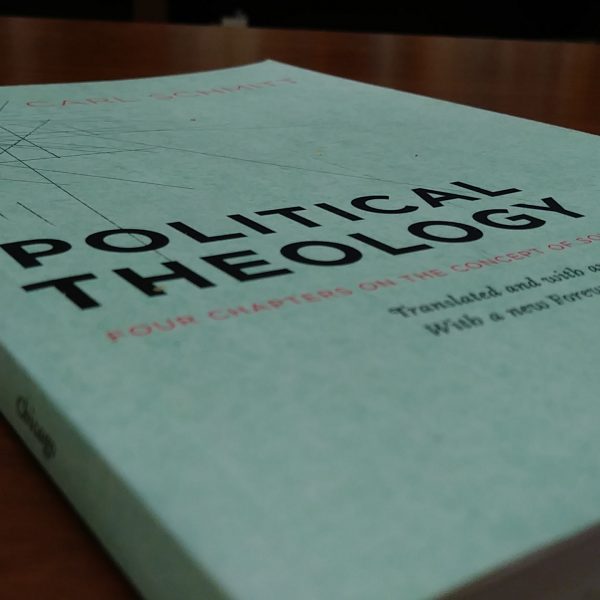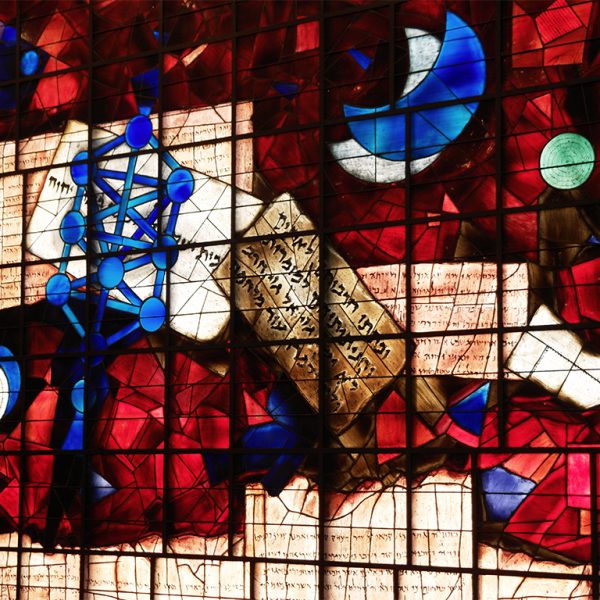
Love disrupts both the ruin and misery we inflict upon others as well as our preoccupation with ourselves, for these are interdependent, synergistically working together for the degradation of all.
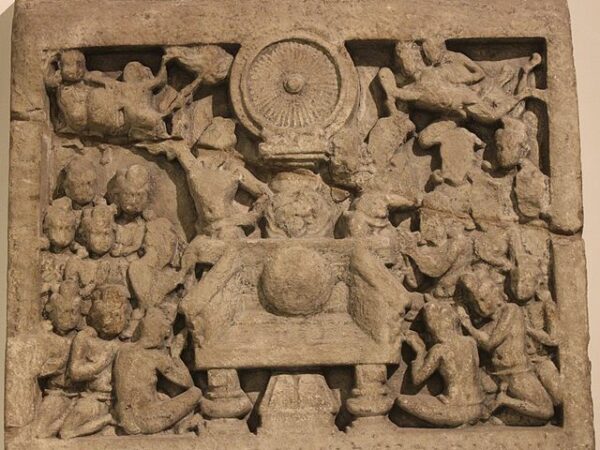
While noting earlier scholarly debates over the connection between monotheism and political theology, I pose the question of how the discourses of political theology might look different if these discourses were to become more pluralist and less focused on European and biblical traditions.
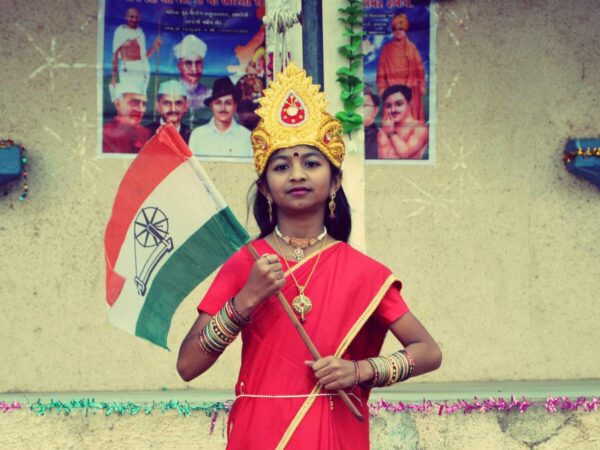
The Hindu nationalist project is out-and-out an Orientalist one. It is not indigenous. It is inspired almost entirely within a colonial, Orientalist framework of knowledge.
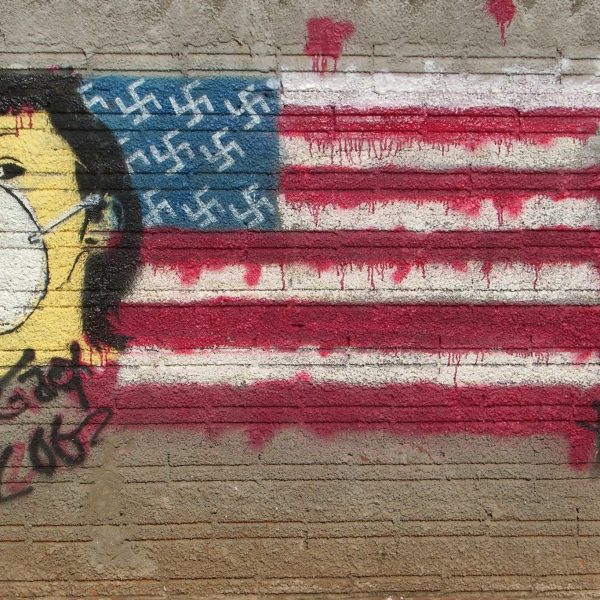
Differentiating journalists as enemies is always alarming, but especially so during a public health crisis.
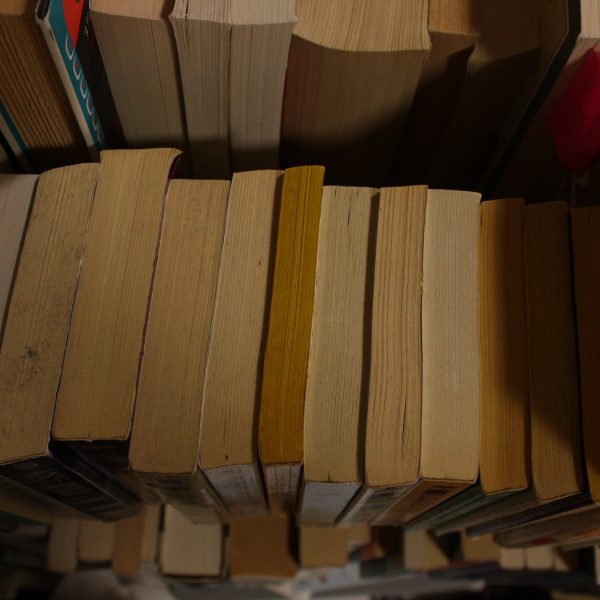
…I see my list on political theology functioning like Wittgenstein’s ladder metaphor in his Tractatus. Once graduate students read and grasp these important texts, they should “throw away the ladder”, so to speak, and deconstruct all they have learned about political theology to illuminate contemporary problems on their own. Once they reach the top, they can throw away the ladder.

Even while the concept of canon has been thoroughly critiqued and deconstructed, implicit canons remain and it may be best to acknowledge their presence rather than seek to repress them.

…Political Theology is the sedimented yet changing and multifarious ways in which Christianity divides itself and (which is to say also: from) the world.

My point is that in addition to being annoyingly Eurocentric, the discourse of political theology focuses more on administrators and theorists of the modern State than the victims of State.

Is it the case that the European political theology is indeed derived, not from the universal requirements of any sovereign order (as Schmitt sometimes claimed), but rather from specific Christian underpinnings? Or is it the case that a fundamentally similar political ideology, one which depends on the logic of sovereignty rather than on parochial cultural assumptions, can indeed be found elsewhere?
